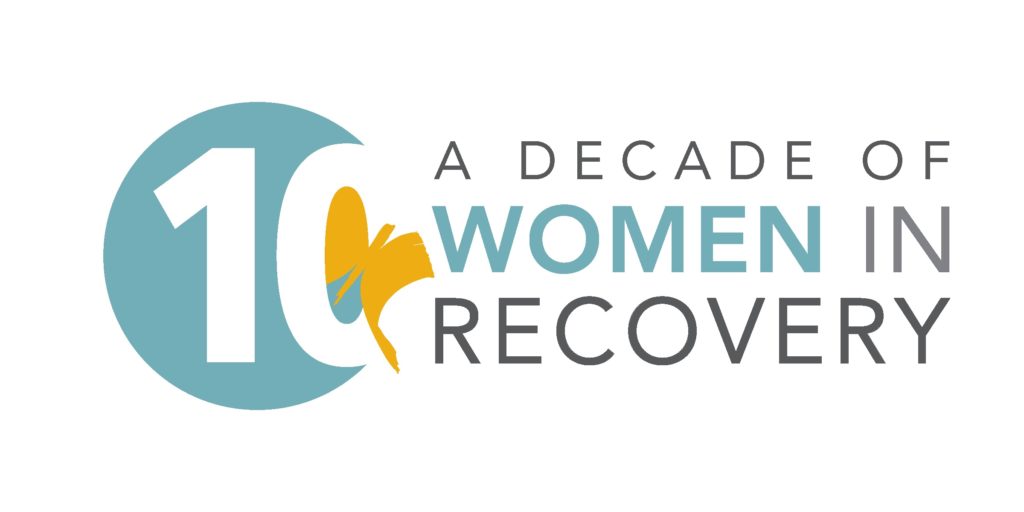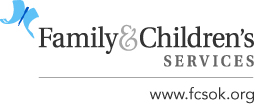

TULSA, Okla. – Family & Children’s Services (FCS) and the George Kaiser Family Foundation (GKFF) held a graduation on Oct. 10 for 18 participants who most recently completed the FCS Women in Recovery (WIR) program. The event also marked a decade of WIR’s service as an alternative to incarceration program for women in Tulsa County facing prison sentences, often for drug related offenses. Since 2009, 481 women have graduated from WIR.
Oklahoma incarcerates more women than any other state or country in the world. The consequences of incarceration on mothers and their children is devastating. Recognizing the lack of viable alternatives to prison for women in Tulsa County, in June of 2009 GKFF and FCS co-designed and implemented WIR to address Oklahoma’s high rate of female incarceration.
“On behalf of the criminal district court in Tulsa County, we have been honored to be a partner with Women in Recovery since its inception,” said William J. Musseman, Presiding Judge, Tulsa County. “As judges, we embrace the rigor, structure and scope of services WIR provides. Women in Recovery has not only impacted many women, children and families in our community but has also positively influenced the criminal justice system.”
Utilizing evidenced-based curriculums, WIR annually helps 100+ women conquer their substance addiction, recover from trauma, address mental illness and acquire the essential economic, emotional and social tools to build successful and productive lives. WIR is more cost-effective than prison and improves the future for the next generation of families and children.
“For the past decade, Women in Recovery has demonstrated that there are far better alternatives to incarceration,” said Amy Santee, Senior Program Officer for George Kaiser Family Foundation. “While counties around the state continue to increase the number of women sent to prison, Tulsa County is experiencing the lowest number of female prison sentences in 30 years. Despite our county’s progress, our state continues to lead the nation in its rate of incarceration and our families, communities and state deserve better. I join the hundreds of Women in Recovery participants and graduates, who with their powerful voices and unwavering commitment have become our state’s leading advocates for criminal justice reform. Together we will fight for a fair, equitable and just criminal legal system.”
With intensive treatment, job skill training, parent child reunification and health and wellness services, WIR is improving the lives of women and children, breaking the cycle of intergenerational incarceration. Since 2009, WIR has successfully returned women to their families and communities, impacting 1,729 children.
“Addiction and incarceration is destructive to women, children and families,” said WIR Chief Program Officer Mimi Tarrasch. “Through changes in the criminal justice system, dedicated community partnerships and informed staff, Women in Recovery has been part of the solution in Tulsa County since 2009, contributing to a decrease of women entering prison over 50%. This is reason for celebration. This past decade has provided us the opportunity to find better solutions. I’m grateful to the George Kaiser Family Foundation, other generous funders and many community stakeholders who have been part of this endeavor.”
About Women in Recovery
Women in Recovery (WIR) is an alternative to incarceration for female offenders. Services include comprehensive case management, supervised visitation with children, job search assistance, substance abuse treatment, employment and vocational training, housing placement, medical services, counseling and life skills training and community integration. For more information, please call (918) 587-9471.
About Family & Children’s Services
For nearly a century, Family & Children’s Services has been the place to turn for help with problems that seem overwhelming and too difficult to handle alone. The agency restores children’s well-being, heals victims of abuse, strengthens individuals and families, and provides hope and recovery for adults suffering from mental illness and addictions. Today, its life-changing services help one in six Tulsans.








